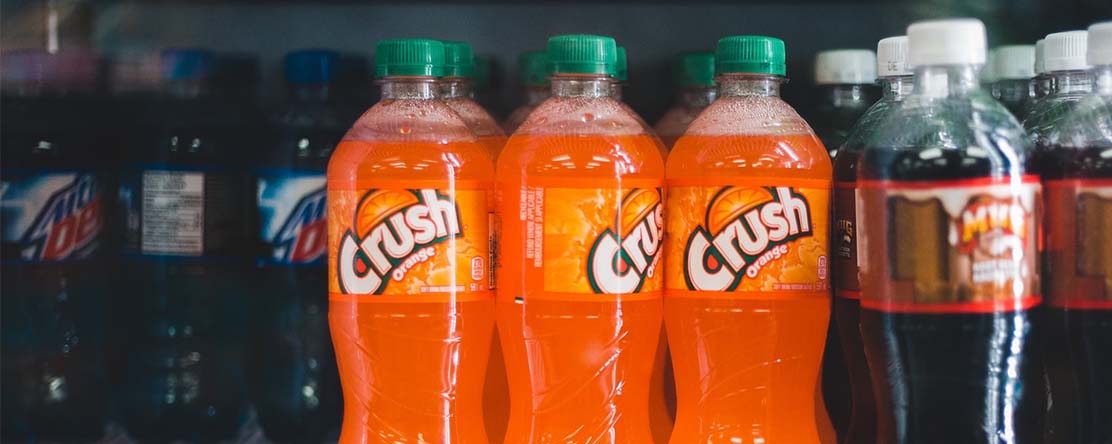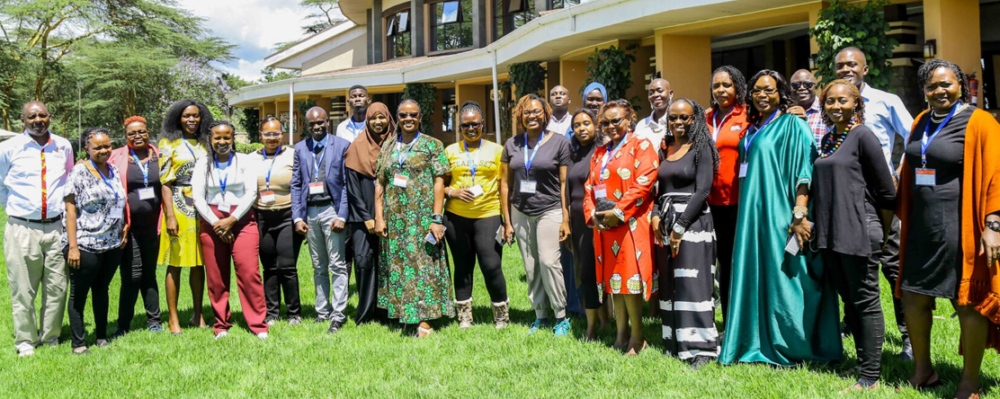
In the News
Berkeley’s Sugary Soda Consumption Plummeted After Tax, Study Says
-
Focus Areas
Chronic Disease Prevention, Healthy Communities -
Issues
Nutrition & Food Security -
Expertise
Public Policy Advocacy -
Programs
Prevention Policy Group

Berkeley residents cut their consumption of sugar-sweetened beverages by half in the three years after passing a soda tax in 2014, according to a UC Berkeley study that is among the first to document a long-term change in drinking habits from a city-wide levy.
The study, published Thursday in the American Journal of Public Health, comes as California legislators are considering multiple statewide measures to reduce consumption of sugary beverages, which have been linked to obesity and related chronic health problems like diabetes and heart disease.
The UC Berkeley researchers found that in the first year after Berkeley’s soda tax was enacted, sweetened beverage consumption dropped 21 percent. By 2017, it had fallen 52 percent. By comparison, the study said, beverage consumption held steady in Oakland and San Francisco from 2014 to 2017. Both those cities enacted soda taxes toward the end of the study period.
Berkeley was the first U.S. city to enact a so-called soda tax, which applies to all beverages with sugar added, including sodas, fruit juices, sports and energy drinks, and sweetened coffees and teas. Other cities, in California and elsewhere in the country, followed.
An earlier study of the Berkeley soda tax found that soda sales fell about 10 percent in the year after the levy was enforced, and that sales of bottled water increased 16 percent.
“The (UC Berkeley) findings suggest not only that sugar taxes work, but that they keep working over time,” said Dr. Lynn Silver, a senior adviser with the Public Health Institute in Oakland who was involved with the earlier Berkeley study but not the new one.
“At a minimum we would hope that the decline seen in the first year would be maintained,” she said. “This suggests that not only was it maintained but it increased. That’s very significant.”
Originally published by San Francisco Chronicle
More Updates
Work With Us
You change the world. We do the rest. Explore fiscal sponsorship at PHI.
Support Us
Together, we can accelerate our response to public health’s most critical issues.
Find Employment
Begin your career at the Public Health Institute.



